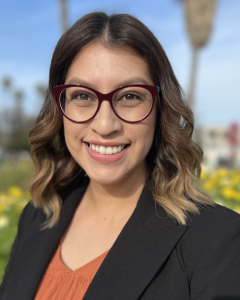Frontline, working-class communities across California endure greater harm from climate-fueled extreme weather events than wealthier communities. For example, they typically have fewer trees providing shade during heat waves and fewer resources to evacuate in the event of extreme rain or flooding.
State and federal funds are crucial for enhancing preparedness, response, and resilience in frontline communities. Funding opportunities often encourage collaboration among multiple stakeholders, including local governments, nonprofits, businesses, and academic institutions. Community-based organizations, which are nonprofit, non-governmental organizations representing local communities, can help secure these funds.
A collaborative approach is essential to addressing the unique needs and vulnerabilities of frontline communities, leveraging a wide range of expertise and resources and ensuring that solutions are both innovative and practical. Additionally, such partnerships can facilitate knowledge-sharing and capacity-building, empowering local organizations and residents to take an active role in their community’s resilience efforts. Ultimately, the strategic use of these funds can help build more resilient communities, advance equity and justice, and promote sustainable development, ensuring that frontline communities are better prepared for future challenges.
The Pomona Palomares Park Community Center is an example of a successful collaboration that will save the city more than $200,000 in energy costs and build resilience to extreme weather. SoCalREN Public Agency Programs partnered with the City of Pomona to identify, fund, and install efficient energy upgrades as well as cover 100 percent of the project costs through incentives and financing. In addition, the agency is working with LA County’s Public Power-Up Program and Southern California Edison’s (SCE) Charge Ready Program to install 19 electric vehicle charging ports at this community center. This project is expected to be completed by the end of 2024.
Partnerships like this one are crucial to ensure communities across California are prepared for climate impacts and don’t get left behind in the transition to clean energy and electric vehicles.
See state and federal funding opportunities for community resilience here (PDF). For questions or more information, contact me at pamela@theclimatecenter.org.


